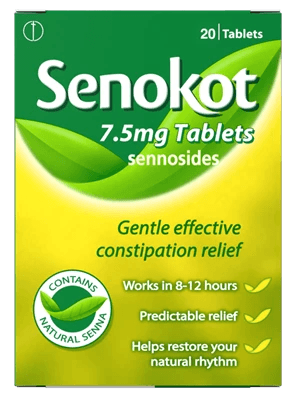What causes constipation?
Constipation is common and can affect anyone. You can usually treat it at home.
What are the main causes of constipation?
Constipation can have many causes and sometimes, there’s no single or obvious cause. Here are some of the most common causes of constipation:
- Lack of fibre in the diet (fruit, vegetables, or cereals)
- Not drinking enough water
- Lack of movement
- A change in your diet or usual routine
- Constipation is common in pregnancy and for 6 weeks after
- Feeling stressed, anxious, or depressed
- Some medicines and other products can cause constipation, such as antacids, iron supplements, even some painkillers. If you think your medication is causing your constipation, speak to your GP for advice.
There are also medical conditions that can cause constipation, such as:
- Irritable bowel syndrome (IBS)
- Narrowing of the bowel (strictures)
- Anal fissures (small tears)
- Inflammatory bowel disease
- Pelvic floor damage
- Diabetes
- Conditions affecting the nervous system (such as strokes, multiple sclerosis, Parkinson’s disease)
- A spinal cord injury
There isn't always a single or obvious cause, this is what doctors call functional constipation.
Talk to your GP if you:
- Are not improving with treatment
- Are regularly constipated and it lasts a long time
- Are bloated and it lasts a long time
- Have blood in your poo
- If your poo has changed colour (become very dark or pale)
- Have unexpectedly lost weight (or a child has not grown or gained weight)
- Feel very tired all the time













